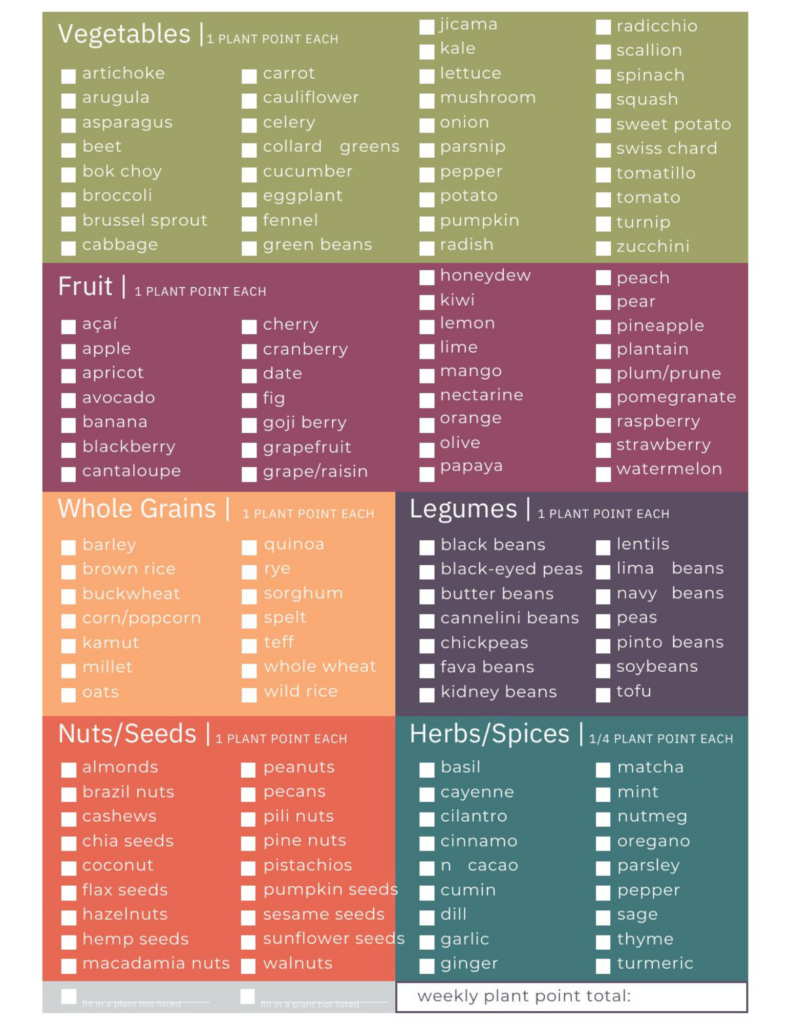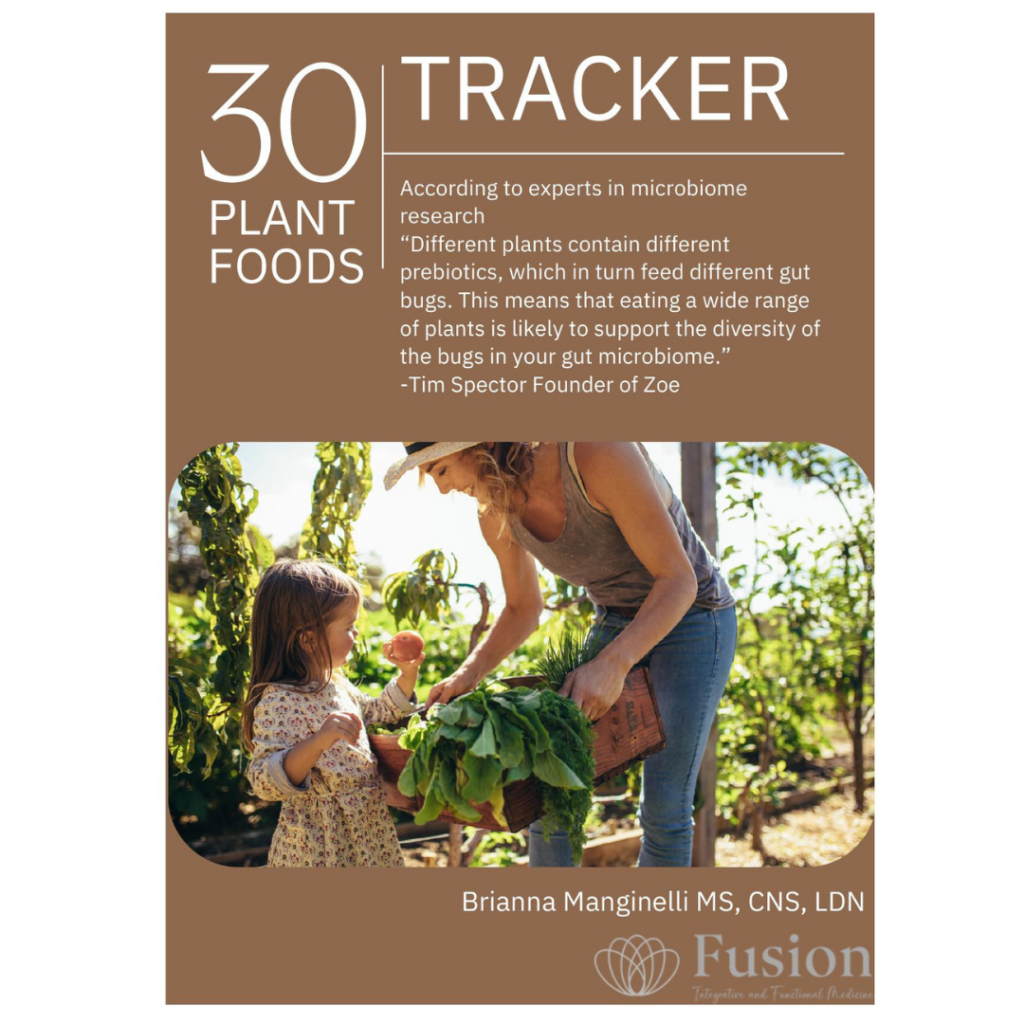
It is no secret that the microorganisms living in our gut play a crucial role in our overall health, influencing everything from our digestion and immune system to our mood and brain function. In fact, there are between 10 and 100 times MORE microbes than human cells in our body, and approximately 70% of our immune system lies within our digestive tract.
Research shows that “diet has the most powerful influence on gut microbial communities in healthy human subjects.” The majority of the Standard American Diet (SAD) is of limited or no benefit to the microbiota in the lower gut.
Since most of the SAD diet consists of refined carbohydrates, it is readily absorbed in the upper part of the GI tract, leaving minimal amounts of minerals, vitamins and other necessary nutrients available for our microbiome.
Constipation is an issue many people struggle with on a daily basis. Part of our treatment approach is to prescribe personalized dietary modifications including a decreased intake of refined carbohydrates and the addition of 30 plant foods weekly. We have noticed that this has changed patients’ microbiome in a beneficial way.

As an example, my patient had been having difficulty with constipation. Her microbiome began to shift after prescribing a decrease in refined carbohydrates and adding 30 plant foods weekly.
The increase in fiber (from the plant food consumption), various phytonutrients feeding the beneficial species residing in her gut and structured water obtained from these plant foods began to “wake up” her digestive system to function the way it was designed.
Keep in mind that increased fiber and plant food consumption is not appropriate for everyone, depending on where they are in their healing journey. Always consult with a health and nutrition specialist for customized treatment if you are experiencing digestive dysfunction.
Below, I’ll explain how and why to incorporate 30+ plant foods into your weekly routine to significantly improve the diversity and health of your microbiome.
Gut and Immune Health
Eating 30 or more plant foods per week provides a variety of phytochemicals, polyphenols and other bioactive compounds that can inhibit the growth of pathogenic bacteria while promoting beneficial bacteria growth, provide anti-inflammatory benefits, improve gut-barrier function, and aid in the production of beneficial metabolites such as butyrate, acetate and propionate to name a few.
Mental Health

In addition to improved digestive and immune health, a healthy microbiome has been linked to improved mental health outcomes, including:
1. Reduced symptoms of depression and anxiety: A study published in the journal Psychosomatic Medicine found that patients with depression had improved symptoms after receiving a fecal microbiota transplant (FMT) (2).
Research published in the journal Neurogastroenterology and Motility found that individuals with irritable bowel syndrome (IBS) experienced reduced anxiety symptoms after receiving FMT (3).
2. Improved cognitive function: A study published in the journal Neurology found that older adults with higher levels of certain gut bacteria had improved cognitive function and reduced risk of dementia (4).
3. Increased production of neurotransmitters: The gut microbiome produces neurotransmitters such as serotonin and dopamine, which are essential for mood regulation.
Five Tips to Build 30+ Plant-Based Foods into Your Diet:

1. Start your day with a savory/plant-rich breakfast: Incorporate leafy greens, cruciferous vegetables, fruits, nuts and seeds into your breakfast routine.
2. Eat various colorful vegetables: Aim for at least 5 servings of different colored vegetables each day. EAT A RAINBOW!
3. SPICE IT UP! Fresh herbs and spices count toward your 30. The more variety of herbs and flavors, the better!
4. Incorporate legumes into your meals, if you tolerate them. Legumes are rich in prebiotic fiber and can be added to soups, salads, and stir-fries.
5. Emphasize eating WHOLE FOODS and plant-rich dishes, which can account for 6+ plant foods in one meal. Think salads topped with legumes/fruits/nuts/seeds, vegetable medley soups with fresh herbs and spices, creative smoothies and stir-fry with fresh herbs and seeds.
The Best Plant Foods to Improve Your Microbiome
Prebiotic-rich foods: Asparagus, bananas and plantains, onions, garlic
Fermented foods: Sauerkraut, kimchi, miso, olives, pickles
Fiber-rich foods: leafy greens, berries, legumes, nuts/seeds
Cruciferous vegetables: broccoli, cauliflower, Brussels sprouts, cabbage
Polyphenol-rich foods: dark chocolate, green tea, berries, pomegranate, cranberry
Omega-3 fatty acid-rich foods: flax and chia seeds
Herbs and spices: ginger, turmeric, cilantro, parsley, cumin, fennel, oregano, thyme, rosemary, dill & more!
Recipe: Try my favorite Brussels Sprouts salad

Using Plant-Based Foods as Medicine for your Gut
As a functional medicine nutritionist, I am passionate about the incredible impact that a diverse, plant-based diet can have on our gut health, immune function and mental well-being. By incorporating 30 or more plant foods into your weekly routine, you nourish your body with essential nutrients and foster a thriving and balanced microbiome.
This simple yet powerful dietary shift can improve digestion, immunity, and even cognitive function. I invite you to take the first step on this transformative journey today. Don’t forget to download your 30 Plant Food Weekly Tracker to start your journey to improved health and wellness TODAY!
To learn more about Functional Health and Functional Nutrition, request your free Discovery Session with us below:
This article is for informational purposes only and should not be used in place of an individualized healthcare visit.
_______________________________________________________________________
**Supporting Research Articles:**
1. **Suez et al. (2014)**: “Microbiome analysis reveals large interindividual variation in the gut microbiota of healthy individuals.” Nature Reviews Gastroenterology & Hepatology.
2. **Collins et al. (2013)**: “Fecal microbiota transplantation for recurrent Clostridium difficile infection.” Psychosomatic Medicine.
3. **Bergmann et al. (2018)**: “Fiber-rich diets are associated with improved gut health.” Journal of Agricultural and Food Chemistry.
4. **Cryan et al. (2019)**: “The gut-brain axis: The role of gut bacteria in neurodegenerative diseases.” Journal of Neurology.
5. **Kong et al. (2019)**: “Dietary fiber intake and risk of depression.” Journal of Affective Disorders.


